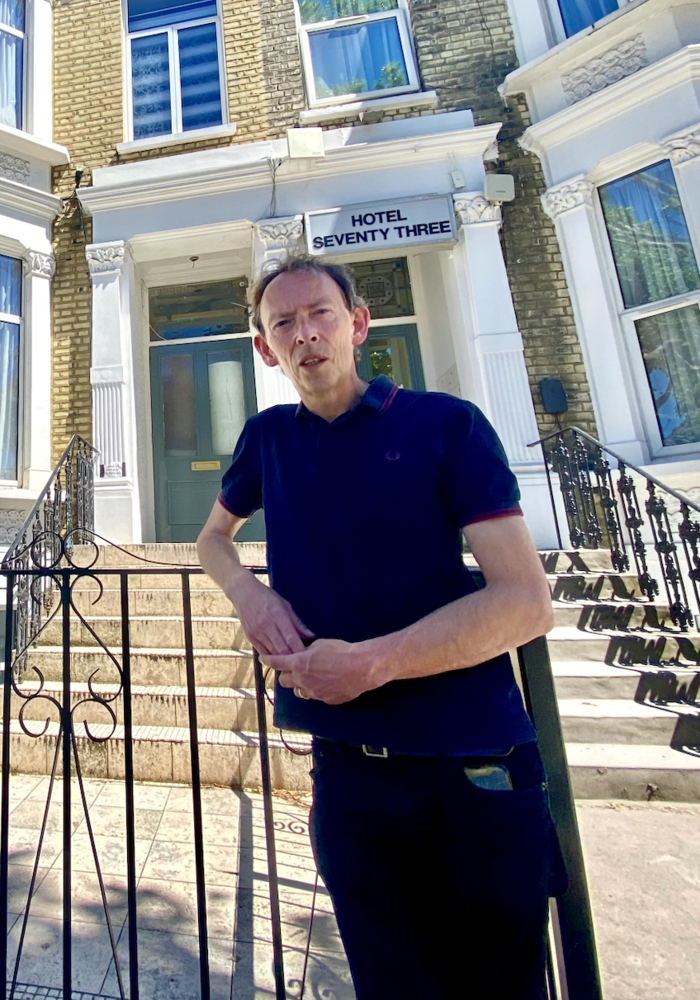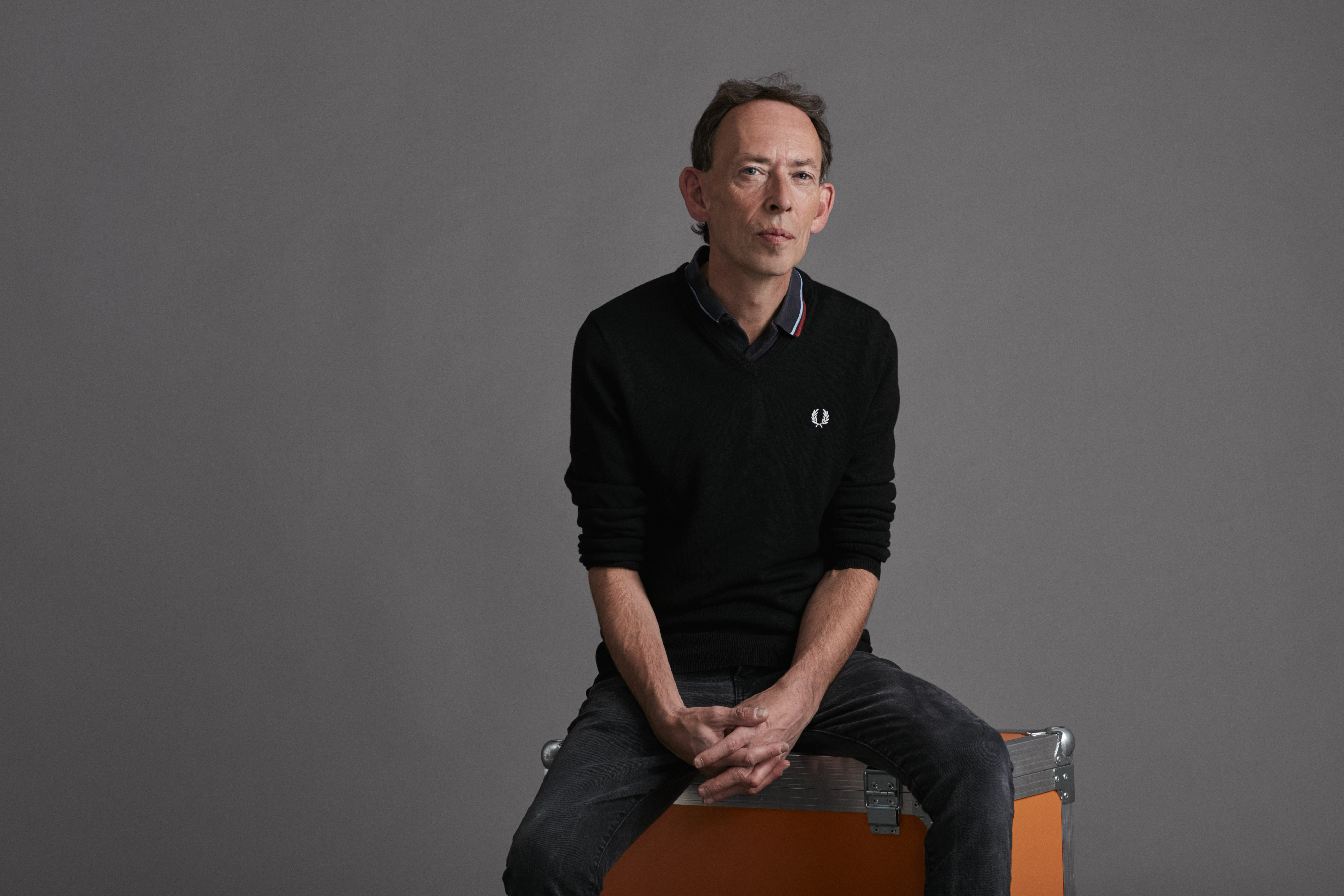As Nirvana’s 1991 breakthrough masterpiece Nevermind celebrates its 30th anniversary, Headliner speaks to legendary broadcaster Steve Lamacq about his personal experiences with the band and what marked them out as one of the world’s most influential rock acts.
Having interviewed Kurt Cobain in London ahead of the release of Nevermind back in 1991, Lamacq, who was writing for the NME at the time, sensed immediately that Nirvana’s ambition was not simply to repeat the formula that spawned their debut 1989 record Bleach, an undoubted underground hit but one that never threatened to boil over into the mainstream.
With an unabashed passion for melody and dynamics not typically heard within the punk rock scene they had emerged from, their next record was always going to be a more accessible, expansive affair, albeit infused with the same bristling intensity and frustration that fuelled their earlier work.
What he, nor anyone could have sensed, was the fact that Nevermind would go on to be not just one of the most successful and influential rock records of the decade, but one that would continue to inform the genre’s landscape for many more decades to come.
Here, in a new interview with Headliner to discuss the album’s 30th anniversary, Lamacq reflects on how Nirvana broke out of the US punk rock underground, explains how that iconic black and white image of Cobain came about and ponders the role of radio today in breaking new talent…
When did you hear Nirvana for the first time?
I was sent a cassette that had Sliver on it, which was the last single they released before they signed to Geffen. It had about three or four very rough demos of songs that would end up on Nevermind. I remember there was a quite distorted version of Polly. These songs were an obvious progression from the Bleach album and gave a hint of what they they wanted to pull off, which was taking American punk rock and some of the British influences they had accrued along the way and taking this fierce, intense frustrated, rebellious feeling of punk and giving it a sense of melody.
They were over here for a run of about four dates just before Sliver came out, so we sorted out an interview. I went to a hotel in Shepherds Bush and met Martin Goodacre, the photographer, and it was this standard B&B they were staying in.
We were told the number of their room and Krist opened the door and there they were. Three beds, all sleeping in the same room. Krist did virtually the entire interview under the bed covers because, as he said, “I’ve caught one of your British colds”.
Dave, who was the relative new boy, was just busying himself tidying up the room, putting stuff in a bin liner full of their socks and pants, and I sat on Kurt’s bed to do the interview. It lasted about half an hour and it was that that really convinced me of where they were going.
They didn’t understand why you couldn’t be a punk rock band in spirit but have melodies like the Beatles or REM. They wanted to do something different and to hell with what the underground thought of it. They wanted to make big, expansive music with an emotional edge.
We finished the interview and Martin had to take more photos. We came out and it was a freezing cold day. There was a playground with a climbing frame, and Martin was desperate to get some individual shots. He did Krist, then Dave and then wanted a solo shot of Kurt, who by this point had almost lost the will to live, and had just plonked himself on the bottom rung of this climbing frame.
I remember Martin standing over him saying “come on, just look up” and he wouldn’t. This happened a few times and then Martin said, “if I promise you this is the last photograph I’m going to take today, will you look up”? And Kurt looked up at him with that big, doe-eyed expression, Martin clicked, and that is the iconic photo that ended up being up on the front of all the magazines when he died. It was that moment in time. At that point we left, and we really did feel there was something special here.
What was your impression of them at that point? Did you feel the ambition from them to go on to make a record like Nevermind?
What they wanted to do musically was stretch themselves and really move people. But I never at any point got the impression that they wanted to be famous or be the biggest band in the world. If anything, they underplayed themselves as people. There was no inkling. I don’t think they’d thought about what would happen with the record, they just wanted to make the best record they could.
The success that followed must have been unnerving for them. As a gang of people who had lived as outsiders, to then discover that there’s not just a hundred, or a thousand, or a few thousand outsiders who felt the same way, but to find out there were millions… that would fry anyone’s mind.




